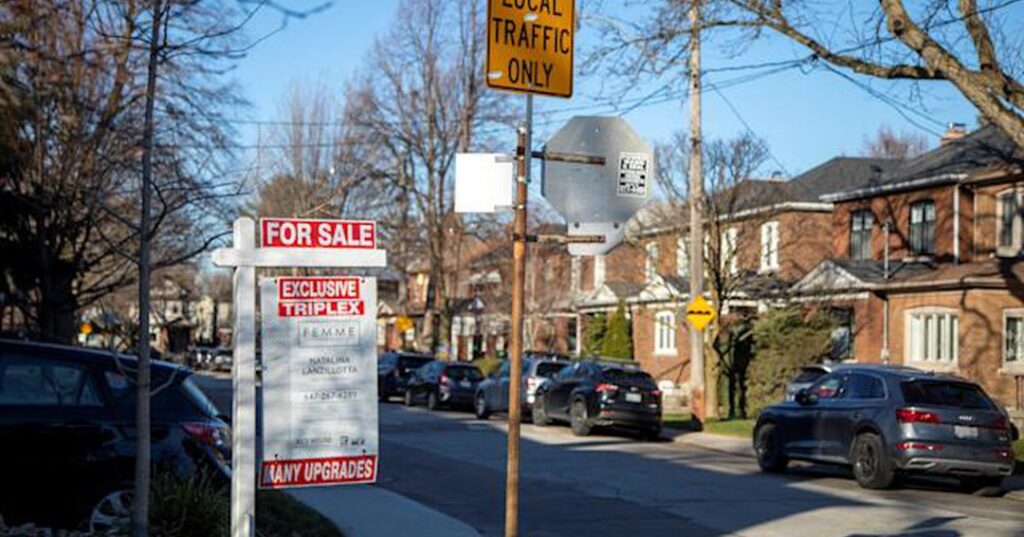Is it necessary to pay Toronto’s new vacant home tax?
Is it necessary to pay Toronto’s new vacant home tax? The new Vacant Home Tax in the City of Toronto has begun to be levied against homes in the city. Unless exempted, the tax is levied on dwellings that were unoccupied for more than six months in the preceding calendar year. Many unwary homeowners may be whacked with the 1% annual tax unless the current exemptions are made clearer. It is common practise, for instance, for big apartment and condominium complexes to designate a residentially zoned unit. This unit is mainly within the structure as the property management office. Unless the unit does not have a kitchen, it will be subject to taxation. A certificate from the chief building official is required. It should state that the work is being done without undue delay is required for another exemption for homes, condos, and apartments currently under construction or repair. Prior to submitting the vacancy declaration, you must first receive this certificate. It’s unclear how soon such certificate might be made available. A property that has been rented out for at least 30 days under a documented tenancy agreement is considered exempt on the city’s website as of press time. The thousands of Toronto apartments that do not have a signed lease are treated in a manner that is not specified. This seems to encompass Airbnb and other short-term rental properties. They may be fully booked throughout the year while having month-to-month agreements. A vacancy tax is another possible charge against them. A person’s primary residence is defined under the bylaw as the place where they sleep, eat, and go about their everyday lives. However, municipal ordinance restricts residents to a single primary house. Expats, students, and those who leave their primary residences for long periods of time to study or travel temporarily are exempt from this tax. However, home studios or offices that are part of a larger residence are subject to taxation if they include a kitchen. The tax will apply to dwellings that are zoned for residential use but are not the owner’s primary residence. Evidently the reader’s apartment will not be subject to the vacancy tax during his lengthy absence. However, the exemption appears to run counter to the spirit of the extremely narrow exemption. It is for empty dwellings when the primary occupant is temporarily hospitalised or residing in a long-term care institution for up to six months a year. Those people don’t have to worry about it. However, it appears that a person’s residence will be subject to the tax if they are in long-term care for more than six months. Related posts 21 January 2023 Denied mortgage renewal: What happens next? Denied Mortgage Renewal:What happens next? If you want to keep paying down your mortgage after the current… 19 January 2023 Canada’s Bank Regulator Wants Tighter Real Estate Risk Rules Canada’s Bank Regulator Wants Tighter Real Estate Risk Rules More stringent rules on mortgage borrowing… 16 January 2023 Reasons a robust labour market could affect your mortgage interest rate Reasons a robust labour market could affect your mortgage interest rate Over the past year, Canada’s… 13 January 2023 Is it necessary to pay Toronto’s new vacant home tax? Is it necessary to pay Toronto’s new vacant home tax? The new Vacant Home Tax in the City of Toronto… 13 January 2023 Difference between Pre-qualification and pre-approval Difference between Pre-qualification and pre-approval The terms pre-qualified and pre-approved are often… 12 January 2023 Toronto Residents Are Leaving At Record Rates, Immigration Overtakes Growth Toronto Residents Are Leaving At Record Rates, Immigration Overtakes Growth There has been a dramatic… 11 January 2023 Refinancing my car loan: bad for my credit? Refinancing my car loan: bad for my credit? Refinancing your auto loan can help you get a lower rate…
Is it necessary to pay Toronto’s new vacant home tax? Read More »





